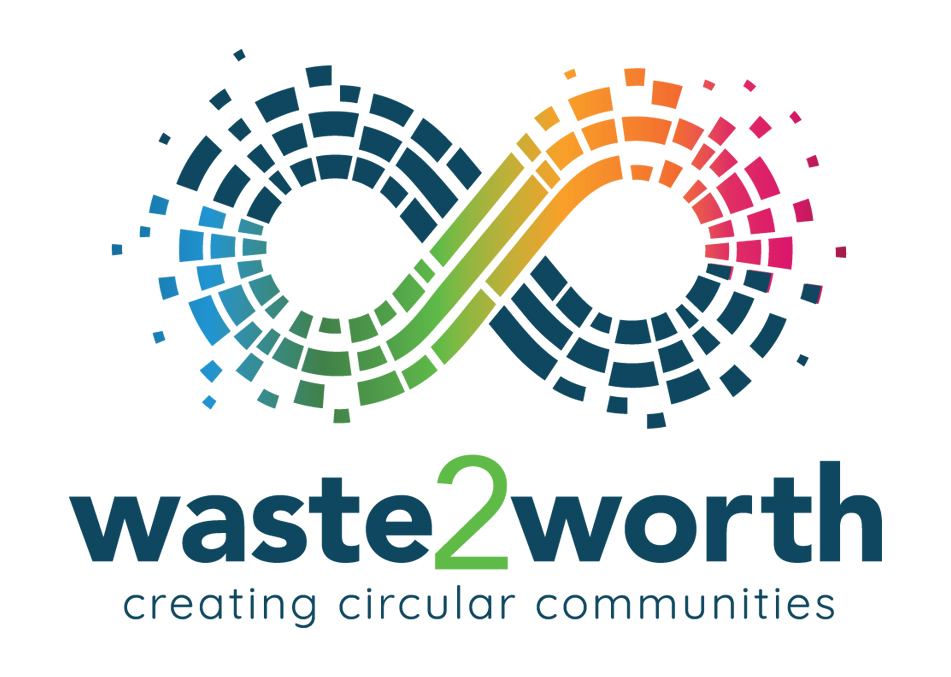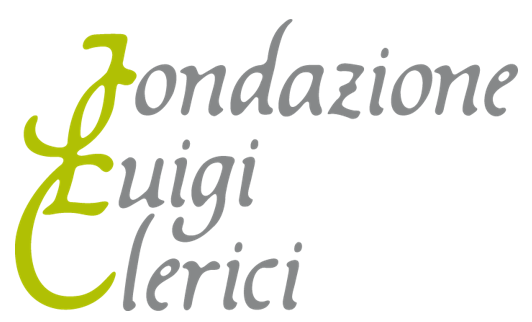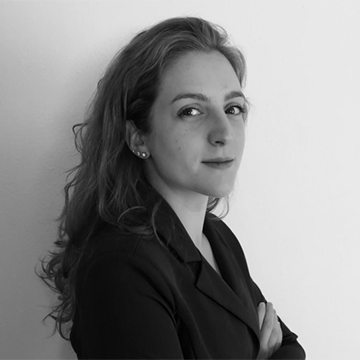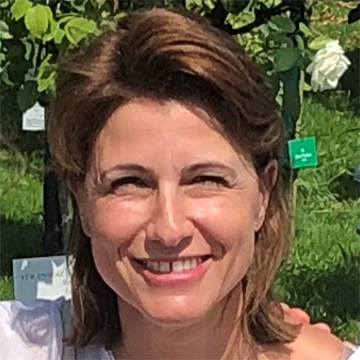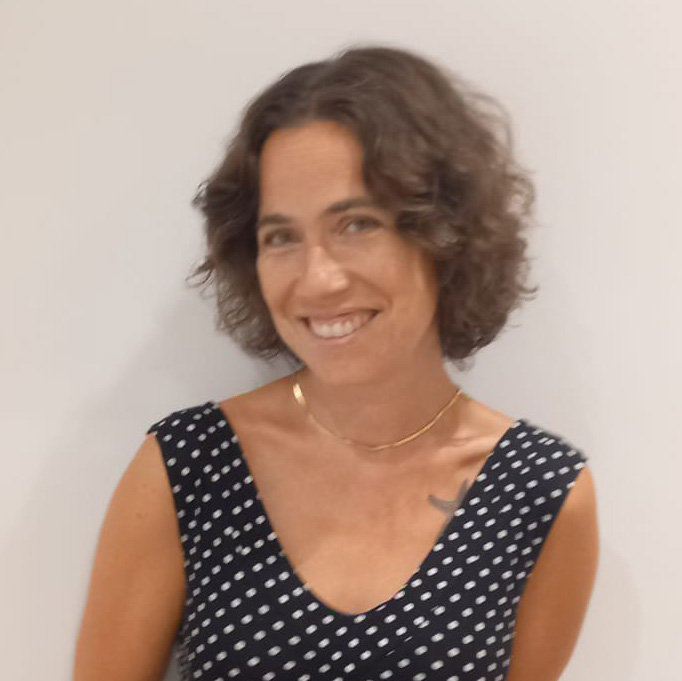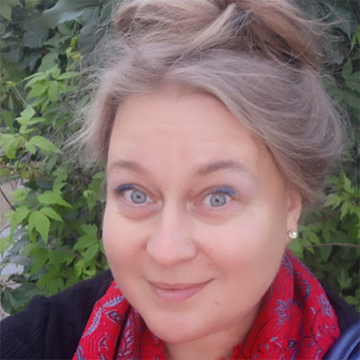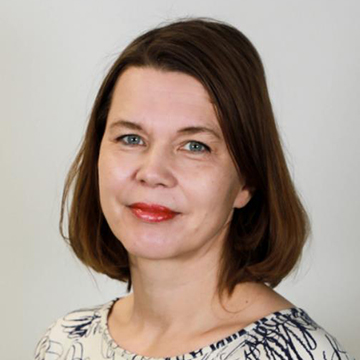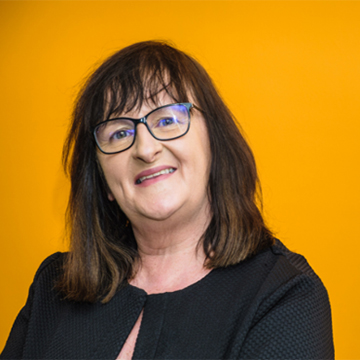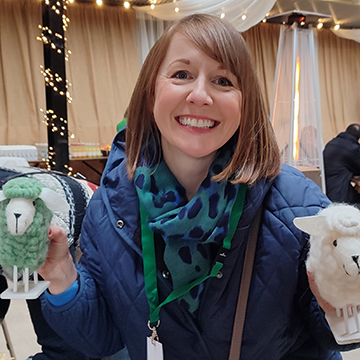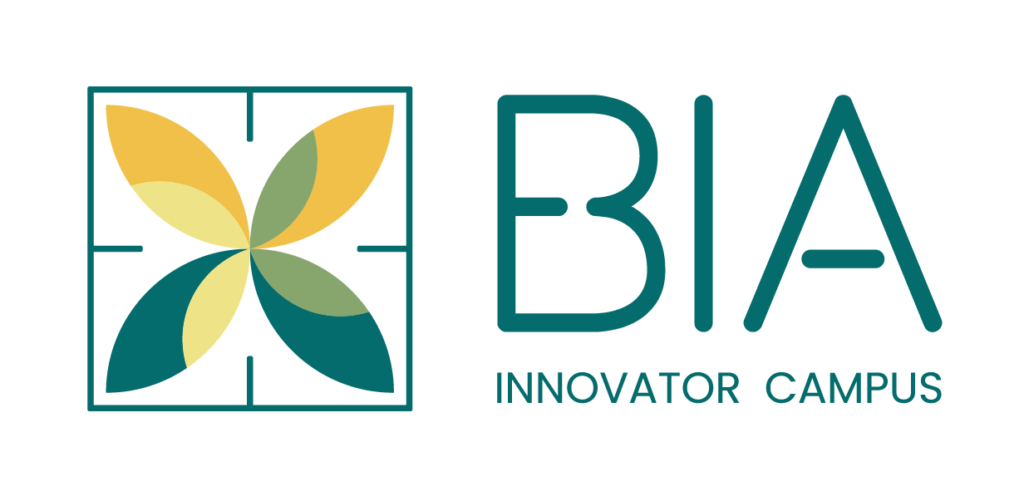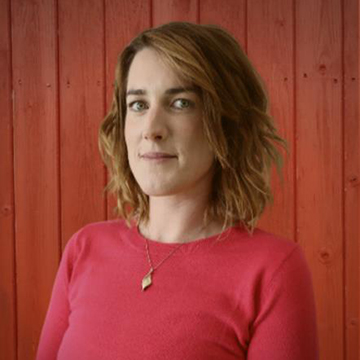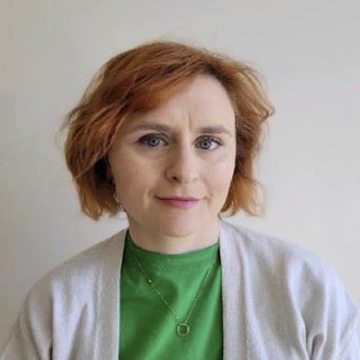The festive season is a time for joy, togetherness, and, of course, delicious food. However, Christmas also comes with a hidden challenge: food waste. Across Europe, millions of tonnes of food go to waste during the holidays, contributing to environmental strain and lost resources. But the good news is that we can all play a part in changing this. By making small, conscious efforts, we can enjoy a bountiful Christmas while reducing waste and embracing sustainability.
Why Food Waste Matters
Food waste doesn’t just affect our wallets; it has a significant impact on the environment. Wasted food means wasted resources like water, energy, and labour, not to mention the greenhouse gases emitted during production and disposal. In fact, food waste is responsible for 8-10% of global greenhouse gas emissions. Christmas, with its abundance of festive meals and leftovers, is the perfect time to take action.
Simple Tips to Reduce Food Waste This Christmas
Here are a few practical ways to enjoy the season while keeping food waste in check:
- Plan Ahead: Make a list of the meals you’ll prepare and the number of guests you’re hosting. Stick to your list when shopping to avoid buying too much.
- Portion Control: It’s easy to overestimate how much food is needed. Use portion guides to calculate realistic servings and prevent leftovers.
- Love Your Leftovers: Leftovers don’t have to be boring! Get creative with festive dishes by turning turkey into soup, stuffing into fritters, or vegetables into a hearty stir-fry.
- Store Food Properly: Keep food fresh for longer by storing it correctly. Freeze what you can’t eat right away and make sure perishables are kept in airtight containers.
- Share the Love: If you find yourself with surplus food, share it with friends, family, or neighbours. You can also donate unopened, non-perishable items to local food banks.
- Compost the Rest: For scraps and unavoidable waste, composting is a fantastic way to give nutrients back to the earth.
Small Changes, Big Impact
Reducing food waste doesn’t mean missing out on the joy of Christmas. In fact, it can make the holidays even more meaningful by encouraging us to be mindful of what we consume and share with others. Imagine the collective impact if each household made an effort to waste a little less food this year!
Waste 2 Worth: Turning Challenges into Opportunities
At the Waste 2 Worth project, we believe in transforming waste into valuable opportunities. By raising awareness about food waste and sharing practical strategies, we aim to inspire individuals and communities to adopt more sustainable habits. Together, we can make a real difference in how we approach food during the festive season and beyond.
Join Us in Creating a Greener Christmas
This Christmas, let’s celebrate not just with great food but with great choices. Plan wisely, embrace leftovers, and make sustainability a part of your festive traditions.
Together, we can turn waste into worth and make this season a little greener!
